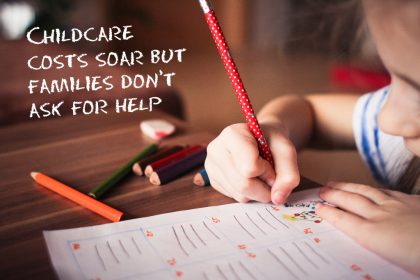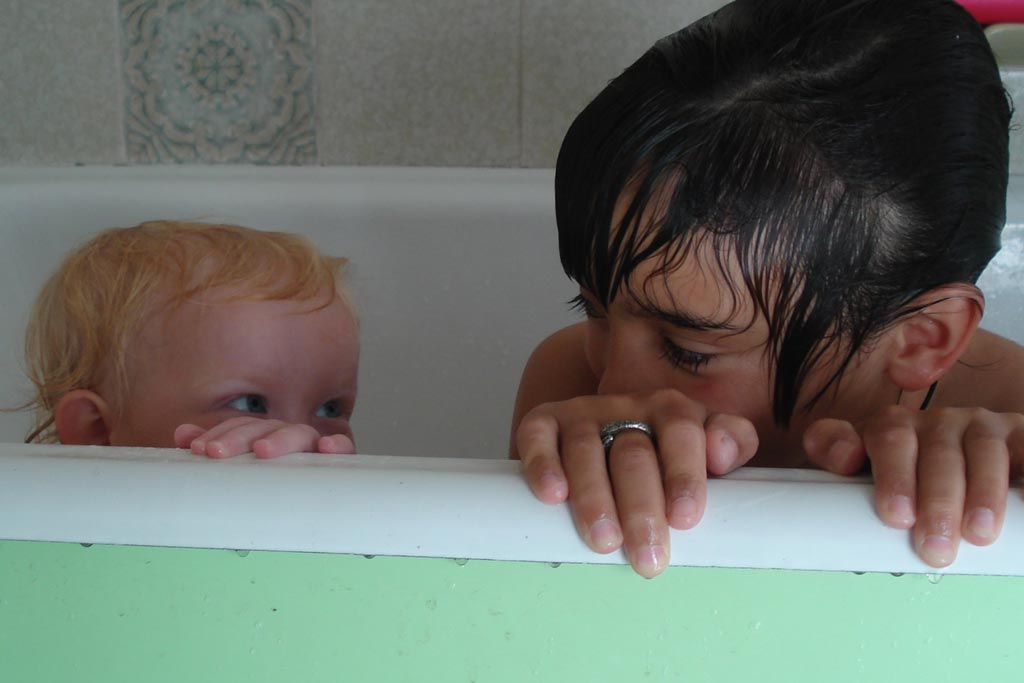Six things you need to know about your free childcare allowance this September
Heard about the new free childcare allowance starting this September, but not sure how it works, or whether you’re eligible? We answer the top six questions asked about it.
Mums musing about taking the leap to either return to work, or set up their own company stand to benefit from some major childcare changes coming in this September.
Six things you need to know about your free childcare allowance
To help you understand how they work (and whether they can work for you) Samantha Downes answers six of the most frequently asked questions about the new, free childcare allowance.
1) What is happening?
From September 2017, the three-and four-year old children of working parents in England will be entitled to 30 hours per week of government-funded early education and childcare during term time – which works out at 38 weeks of the year¹.
The changes are equal to 1,140 hours paid child care per year in total and an average annual savings of £5,000. The allowance can be used during school holidays and weekends.
2) Am I eligible?
Both parents (or just yourself f you are a single parent) need to be working and earning, on average, at least the equivalent of 16 hours on the national living/minimum wage per week. This means someone over 25 would need to earn £120 per week.
The number of hours worked is less important than the money earned, so if you are a high earner, earning under £100,000 per year (see below) you could be working only a few hours per week and still be eligible.
If you are self-employed or on a zero-hours contracts you will also qualify for the allowance so long as you meet the earnings threshold. If you are newly self-employed, you do not need to demonstrate you meet the income criteria for 12 months.
3) When might I not be eligible?
If one parent is not in paid employment (or neither of you works), or if one of you earns more than £100,000 per year you won’t be eligible.
There are exceptions for parents who are on parental, maternity, paternity, adoption or sick leave but if you are studying or in training you will not be eligible unless you are also working 16 hours a week on the minimum wage.
If one parent is in receipt of benefits relating to caring responsibilities or has a disability and the other parent is working, you will be eligible. However, if you are a single parent who is disabled or has substantial caring responsibilities you will not be eligible.
If you are separated, eligibility requirements will apply to the parent with whom the child ‘normally lives’, and any partners of parents will also be required to meet them. Non EU nationals may also not be eligible.
4) How old does my child have to be?
As with the universal 15-hour entitlement, children become eligible the term after they turn three. All three and four year- olds will remain entitled to 15 hours of early education per week during term time (570 hours per year), regardless of their parents work status and earnings.
5) Where do I sign up?
You must make your application the term before you wish to start receiving the entitlement.
As part of the application process, you will need to create a Government Gateway account and provide your name, address, and national insurance number, as well as the same information for your partner (if you have one).
You will be asked if you expect to meet the income requirements over the coming three months and whether you are in receipt of any relevant benefits. Once your eligibility has been confirmed, you will receive a unique 11-digit code beginning with either 5,000 or 11, which you must take to your chosen childcare provider(s).
Your provider will then be required to confirm the validity of your code through their local authority.
6) Which childcare providers can I use?
You can take up a free place with any provider on Ofsted’s Early Years Register, including childminders, day nurseries, playgroups, pre-schools and nursery schools².
Funded places can also be taken up by primary schools offering early year’s provision (nursery classes only – you are not eligible if your child has started reception year) and childminders registered with an Ofsted-registered childminder agency.
You cannot take up your free place with a nanny (even an Ofsted-registered one) or any other providers not on Ofsted’s Early Years Register. Your provider should have a ‘good’ or ‘outstanding’ grade from Ofsted. Providers with a lower grade will only be able to provide free places at the discretion of their local authority.
You can split your funded hours between up to two different providers per day, for example between a childminder and sessional nursery or pre-school. If providers have separate Ofsted registrations but are based on one site (e.g. a breakfastclub and a nursery) they will be treated as one provider.
Samantha Downes is a financial journalist and the author of several finance guides and books.
¹ You do not have to take up your full entitlement, and can take as many funded hours up to 1,140 per year as you wish.
² Please note it is is completely up your provider whether they offer funded places or not; they are under no legal obligation to do so.










